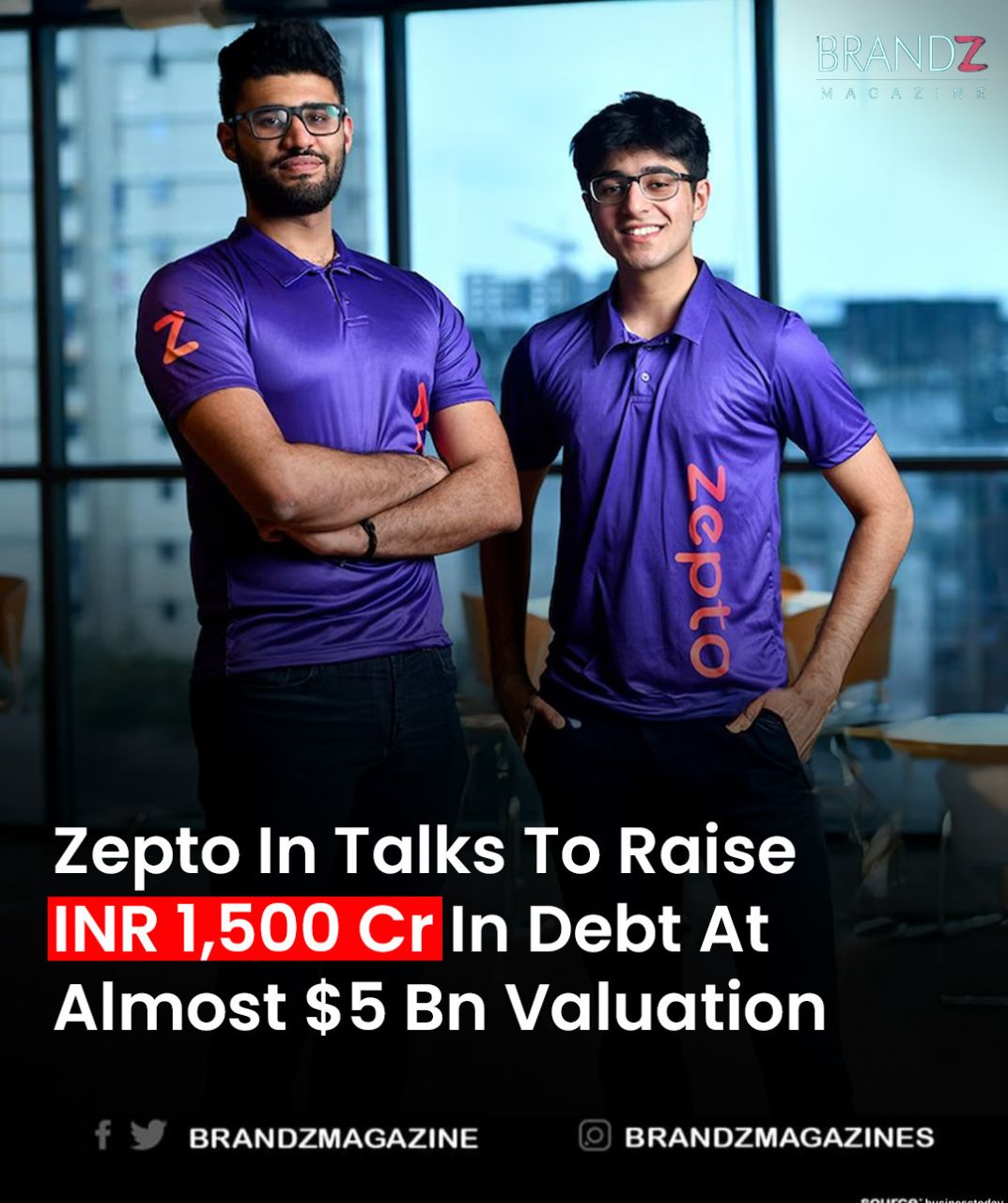
Quick commerce startup Zepto eyes major capital infusion with equity-linked upside, signaling aggressive growth plans
India’s quick commerce trailblazer Zepto is reportedly in advanced discussions to raise structured debt to the tune of ₹1,500 crore (approximately $175.6 million), according to insider sources. The round is being anchored by Edelweiss, which has already submitted a binding term sheet and committed to fund nearly half the amount.
The loan reportedly carries a minimum interest rate of 16%, with an equity-linked upside that could raise the total effective returns to about 18%. This form of structured debt typically allows lenders to benefit not only from interest payments but also from potential future equity appreciation, making it a hybrid financial instrument between pure debt and equity.
Table of Contents
ToggleWhile a 16–18% return may appear steep compared to traditional venture debt, such terms are becoming more common in the hyper-growth segments of Indian startups, particularly in quick commerce, where competition and burn rates are high. The structure of this deal signals Zepto’s urgent need for capital infusion to fuel expansion, enhance logistics, and fend off growing competition from players like Blinkit, Swiggy Instamart, and BigBasket Now.
A source familiar with the deal noted, “Edelweiss has given a binding term sheet and will anchor the raise by committing half of the amount.” This move gives Zepto both a reliable lead investor and a degree of financial flexibility in choosing how the remaining funds are raised, whether from other institutions or strategic investors.
Founded by Aadit Palicha and Kaivalya Vohra, Zepto has rapidly positioned itself as a leader in the 10-minute delivery space, gaining traction in major urban centers across India. From groceries and daily essentials to niche items like ready-to-eat meals and electronics accessories, Zepto has significantly diversified its product categories to increase basket size and frequency of orders.
However, the quick commerce model is capital-intensive, requiring heavy upfront investment in dark stores, inventory management, and last-mile delivery. As the sector matures, consolidation and efficiency are becoming critical, making access to non-dilutive capital like structured debt an attractive option for scaling.
The structured debt route also reflects a broader trend in the Indian startup ecosystem, where companies are looking beyond equity to finance their growth. With rising interest rates and equity dilution concerns, structured and venture debt has gained traction among high-growth startups seeking capital without giving up control.
Edelweiss’s willingness to extend a high-value structured loan with equity-linked upside underscores increasing investor confidence in the unit economics and long-term potential of the quick commerce model, despite challenges around profitability.
Zepto’s reported ₹1,500 crore structured debt deal with Edelweiss highlights the startup’s aggressive scaling ambitions and the growing relevance of hybrid funding models in India’s tech landscape. If finalized, the funding could serve as a catalyst for Zepto’s next phase of expansion, solidifying its place among India’s top quick commerce platforms.

